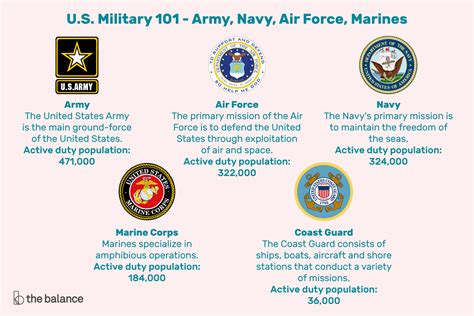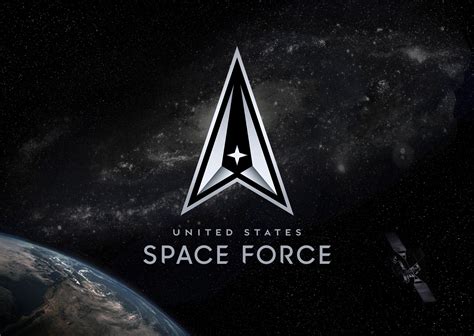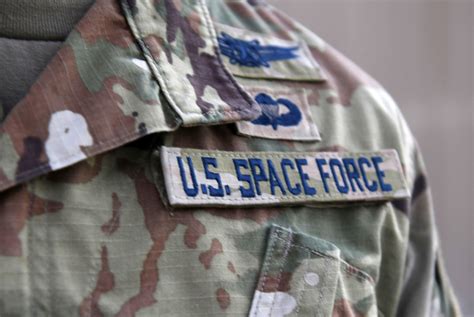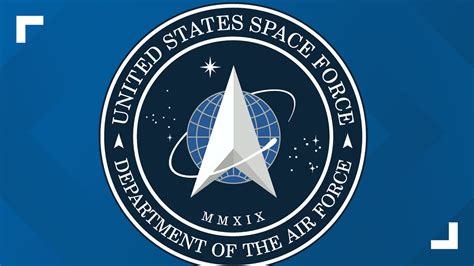US Space Force: Newest Branch of Military

The Evolution of the US Military: The Emergence of the US Space Force

The United States military has undergone numerous transformations since its inception, with each branch evolving to address the changing nature of warfare and national security. The latest addition to the US military family is the US Space Force (USSF), which was officially established on December 20, 2019. This new branch marks a significant shift in the country’s approach to space-based operations and its commitment to protecting American interests in the cosmos.
Background and Motivation

The concept of a separate space force had been debated for several years before its creation. The growing importance of space in modern warfare, coupled with the increasing threat of space-based attacks from adversaries like China and Russia, prompted the US government to reevaluate its space-related military capabilities. The establishment of the USSF was motivated by the need to:
- Enhance the security of US space assets and operations
- Improve the integration of space-based capabilities across the military
- Foster innovation and advance space-related technologies
- Address the growing threat of space-based attacks and counter-space operations
Structure and Organization

The US Space Force is organized under the Department of the Air Force, with General John W. Raymond serving as the first Chief of Space Operations. The USSF is composed of several key components:
- Space Operations Command (SpOC): responsible for the operational aspects of space-based missions
- Space Systems Command (SSC): focuses on the development and acquisition of space systems
- Space Training and Readiness Command (STARCOM): oversees the training and readiness of space personnel
The USSF has also established several space wings and deltas, which serve as the primary units responsible for executing space-based operations.
Mission and Responsibilities

The US Space Force has a broad range of responsibilities, including:
- Space situational awareness: monitoring and tracking objects in space
- Space-based intelligence, surveillance, and reconnaissance (ISR): collecting and analyzing data from space-based sensors
- Satellite communications: providing secure communication services for the US military
- Space-based navigation: supporting navigation and timing operations
- Missile warning and defense: detecting and responding to ballistic missile threats
- Space-based command and control: enabling command and control of space-based operations
Key Challenges and Opportunities

As the US Space Force continues to evolve, it faces several challenges and opportunities:
- Talent acquisition and retention: attracting and retaining top talent in the fields of space operations, engineering, and science
- Technological advancements: staying ahead of the curve in terms of space-based technologies and innovations
- International cooperation: building partnerships with other nations to advance shared interests in space
- Space-based threats: addressing the growing threat of space-based attacks and counter-space operations
🚀 Note: The US Space Force is expected to grow significantly in the coming years, with plans to expand its personnel and capabilities to address the evolving nature of space-based operations.
FAQs

What is the primary mission of the US Space Force?

+
The primary mission of the US Space Force is to protect American interests in space and to deter aggression in the space domain.
How does the US Space Force differ from the US Air Force?

+
The US Space Force is a separate branch of the military, with its own distinct mission, structure, and culture. While the US Air Force has space-related capabilities, the US Space Force is focused exclusively on space-based operations.
What are the benefits of having a separate space force?

+
A separate space force allows for greater focus and specialization in space-based operations, enabling the US to better address the growing threats in the space domain and to advance American interests in space.
As the US Space Force continues to evolve, it is clear that this new branch of the military will play a critical role in protecting American interests in space and advancing the country’s position as a leader in space-based operations. With its unique mission, structure, and culture, the US Space Force is poised to address the challenges of the space domain and to ensure the continued security and prosperity of the United States.
Related Terms:
- Military today
- U S Space Force
- Military Wikipedia
- U S Army
- Military video
- Military active by country wiki



